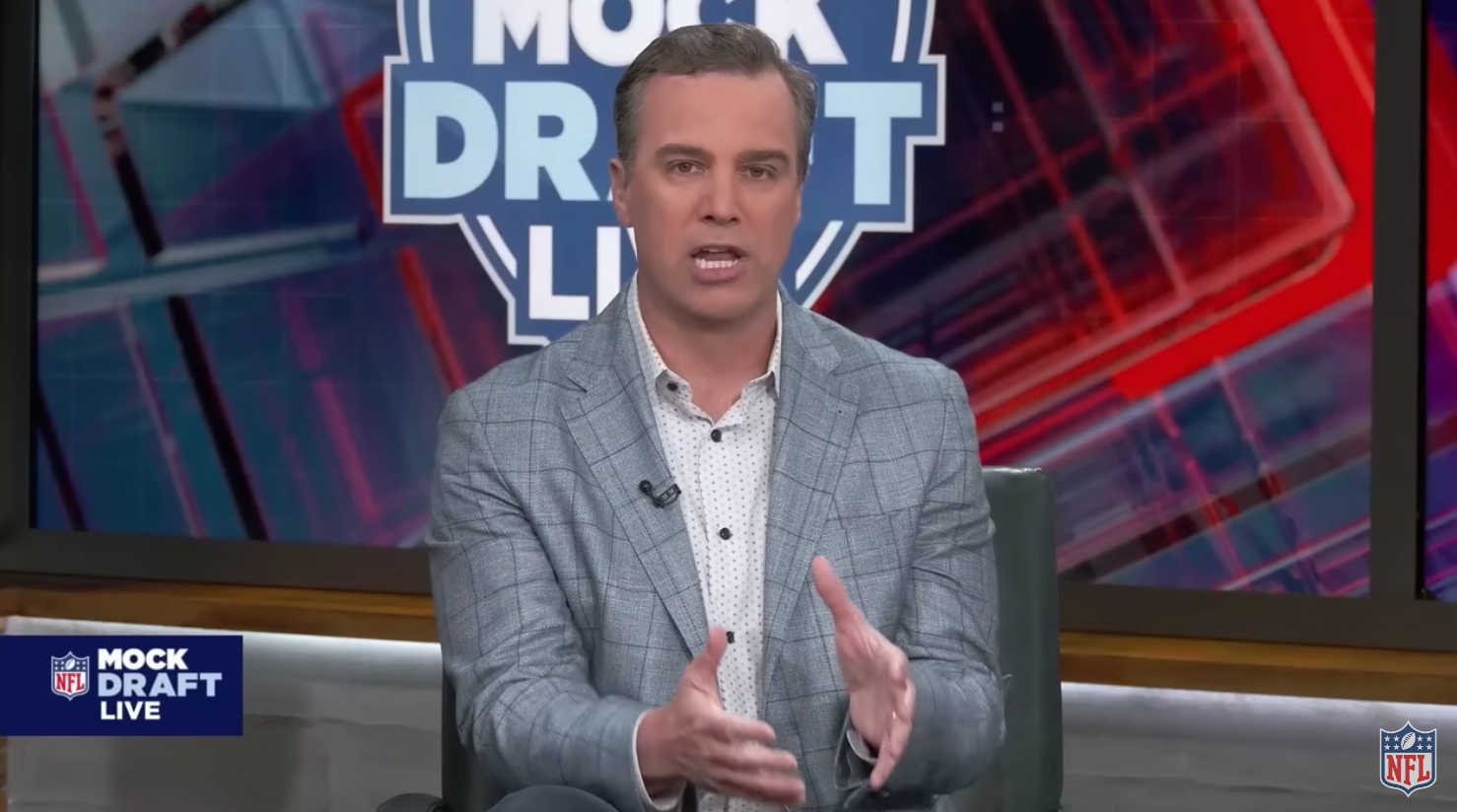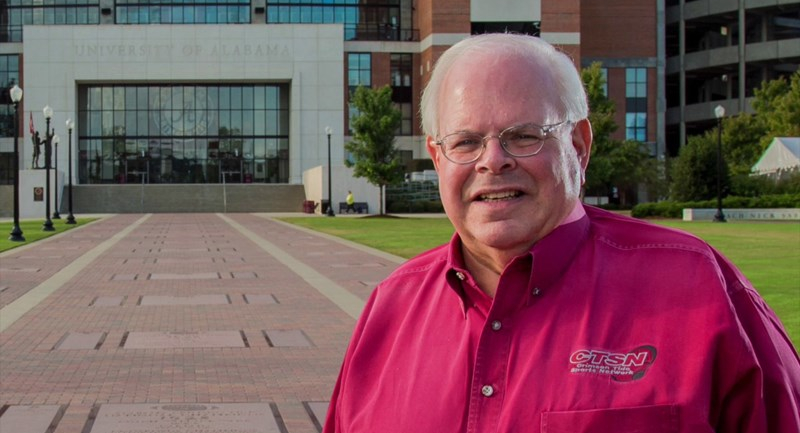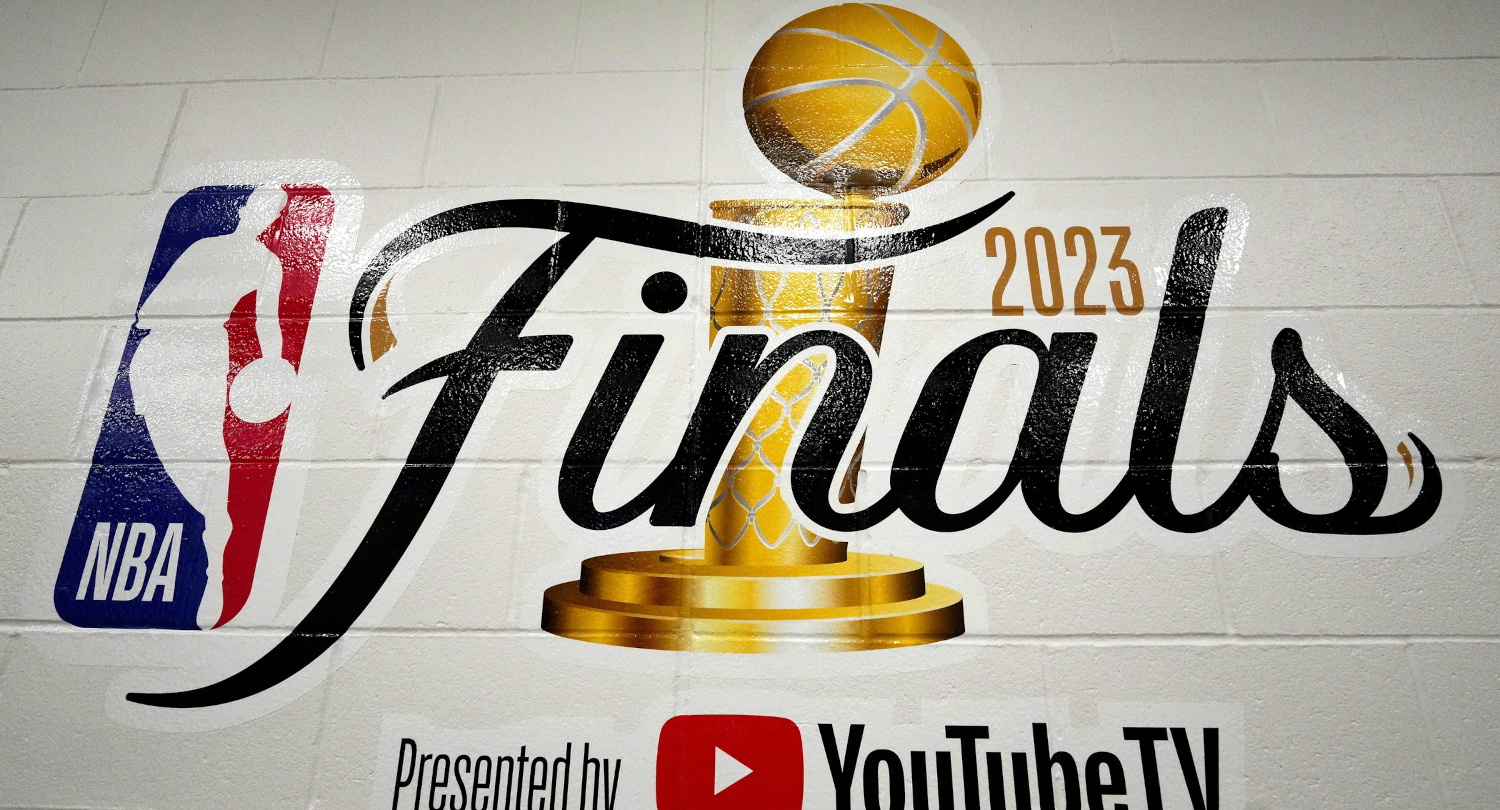As a huge Atlanta Braves fan, I was positively giddy to find out that the MLB Network Presents documentary series would be creating a film about the 1990s and 2000s Braves teams that won 14 straight NL East titles, five NL pennants, and one World Championship. The film doesn’t just focus on the Braves’ success, but also looks at the team’s struggles in the 1980s and their inability to get over the hump and win the World Series more than once.
From 1991 to 2005, the Atlanta Braves became synonymous with winning, averaging 95 wins per season and capturing 14 straight division titles. Atlanta Rules, The Story of the ’90s Braves details how Atlanta went from perennial underperformers to the model of baseball excellence, culminating with the 1995 World Series championship. Playing in front of a national television audience on a nightly basis on TBS, the Braves and its many All-Star players became household names across the country, led by the trio of future Hall of Fame pitchers Tom Glavine, Greg Maddux and John Smoltz. The near-acquisition of National League MVP Barry Bonds in 1992, the signing of reigning Cy Young award winner Maddux in 1993, and the back-to-back trips to the World Series in 1995 and 1996 are revisited throughout the hour-long film.
Sitting together outside the Otesaga Resort Hotel in Cooperstown, N.Y., Glavine, Maddux and Smoltz reminisce about the Braves’ remarkable run and discuss whether the team could have won more than one World Series title during their historic run. In new interviews, Jones, Hall of Fame manager Bobby Cox, Hall of Fame general manager John Schuerholz and former Braves players David Justice, Mark Lemke and Terry Pendleton offer behind-the-scenes perspectives on the franchise’s remarkable dominant streak.
Needless to say, there is a ton of awesome archival footage included in this film, not only from games during the Braves’ run in the 90s and 2000s, but also from Spring Training and from little-watched TBS broadcasts of bad baseball in the 1980s. The footage is complimented by interviews with many of the significant people throughout the Braves dynasty, including Bobby Cox, Tom Glavine, Chipper Jones, David Justice, Greg Maddux, and John Schuerholz. Glavine, Maddux, and Smoltz were interviewed as a trio in Cooperstown, and combine to share humorous stories about their time in Atlanta in between segments of the film (including a segment about Nike’s “chicks dig the long ball” commercial starring Maddux and Glavine).
Some significant off the field events during the run are discussed, including the near trade for Barry Bonds, Justice’s contract squabbles, and the famous press box fire in 1993. I really would’ve liked to see more off the field stuff get discussed more, but given that the runtime on this doc is roughly 45 minutes plus commercials, it’s not surprising that the focus needs to be narrowed a bit more.
My only real issue with the film is how much it focuses on the 1995 World Championship – the decade following that title isn’t discussed nearly as much as the first five years or so of the dynasty. The “Turner Field Era” that began in 1997 isn’t even a factor in this film, and as a result, plenty of important storylines fall by the wayside, like Justice’s trade to the Indians on the eve of the 1997 season, the team’s payroll limitations following the Turner/Time Warner merger, the departures of Glavine and Maddux, and the emergence of stars like Andruw Jones, Javy Lopez, and Rafael Furcal.
All in all, it’s a fine film that could have been so much better. If anything, it’s more of a tale of the Braves’ run up through 1995, with a brief segment about the 1996 World Series and minimal talk about the years after that. But I understand why the 1995 World Series was the focus – the team was steamrolled in the 1999 World Series and hasn’t been back since. Spending time talking about a team that make it to the promised land again is probably not the best use or time or resources. The film arguably would have been more interesting if the final decade got more airtime, but the tone would have changed and could have been offputting for the target audience.







